Fabio Luisi on maestros, madness and sudden exits
mainWe have received these reflections from the music director of Zurich Opera on the changes that are taking place in his profession, as outlined earlier today on Slipped Disc.
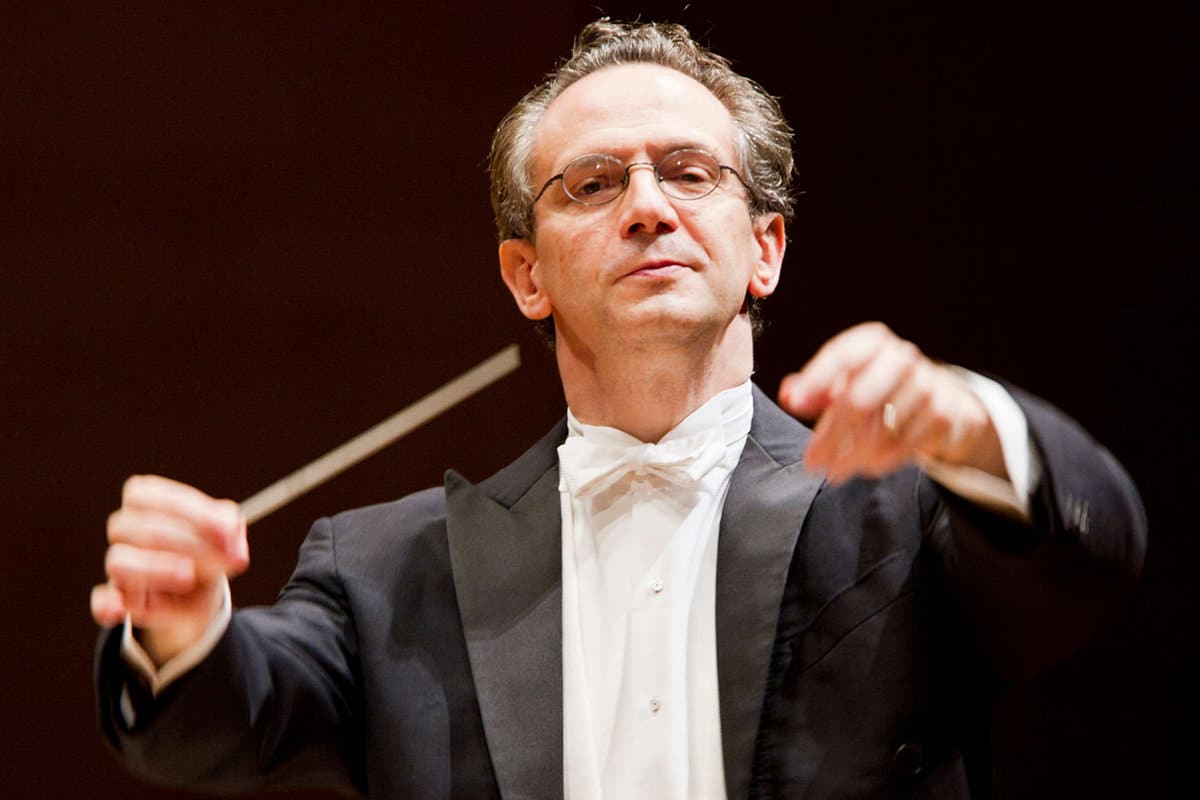
Dear Norman,
I don’t think that Maestros (sic!) have gone mad.
But like any other artist, and probably more than other artists, they are looking for serenity and stability.
From my personal experience (I have been music director of five orchestras and two opera houses – in one of them, the Zurich Opera, I still am) I can say that the role of a music director is a delicate one, unique in the music business, trying to balance artistic ambition (not necessarily personal ambition, but ambition for the institution) and contingency.
Accepting this function is always a challenge and the primary objective should be a perspective for the institution itself. What can I do in order to artistically develop the institution, giving new impulses, strengthening the role of the orchestra in my (our) artistic concept, opening to new ideas. This can only be achieved in a teamwork. The projection of the music director alone can provide musical “high points” – which can be wonderful, as in Dresden with Thielemann right now, but without a strong and like-minded team you will not achieve any of those goals.
If you are faced with the impossibility to have perspectives, for many of us the job becomes frustrating: the problems of contingency become overwhelming and eventually we would miss the serenity (as Maestro Muti points out with sincere simplicity) to do our job well.
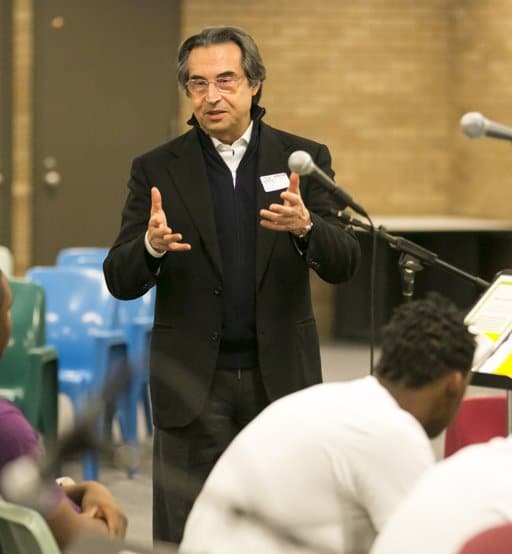
The situation in Italy is right now far from serene: all musical institutions (except perhaps La Scala and Santa Cecilia) have heavy structural and financial problems, orchestras and choruses are stuck in a 1970s-forma mentis, not only in terms of work rules, but in terms of flexibility and openness to new ideas. General managers are often not well prepared to face this situation, although many of them try very hard and honestly to convince everybody of the necessity to change direction.
I don’t blame Maestros Muti, Noseda and Luisotti for their decision, at the contrary, I can sense and understand their sadness and frustration (although I don’t know the background of Luisotti’s resignation): the balance between own work and contingency was broken, and contingency was not acceptable anymore.
What we want is to make music and to enable our theater or our orchestra to shine. We help to develop ideas and we can mediate between orchestras and management if there are problems (or, let’s say, we should do this – not all music directors do that in times of trouble; I always did it in Lepizig, Geneva, Dresden and Vienna), but we also need good conditions of work, clear artistic direction, which we only can have if the team around us works properly. I am very fortunate to be part of a fantastic, ideal team in Zurich and an orchestra which is musically involved during rehearsals and concerts.
If we don’t get this, we’d better go.
Best regards

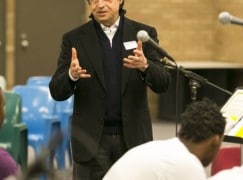
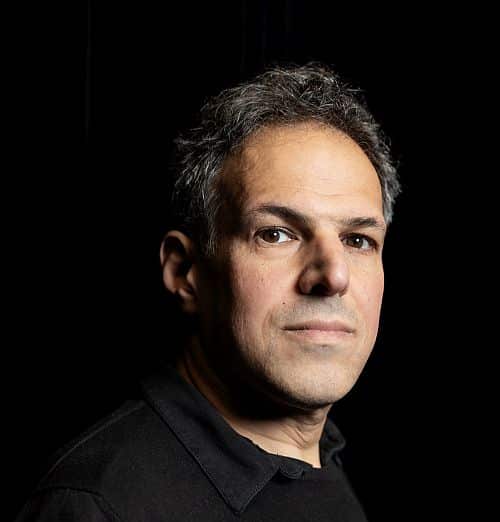
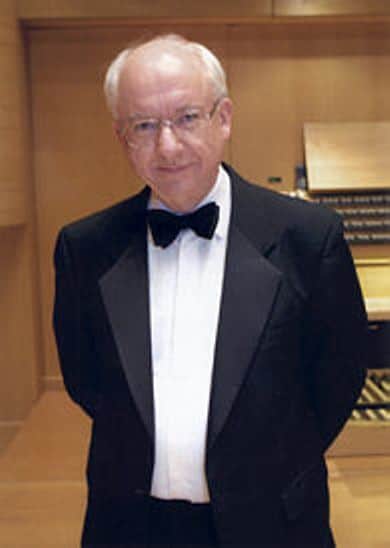
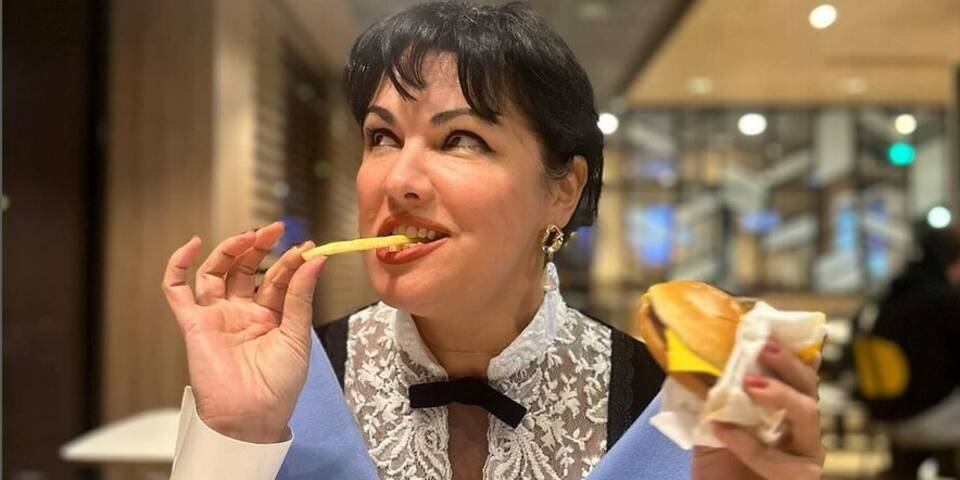

Comments